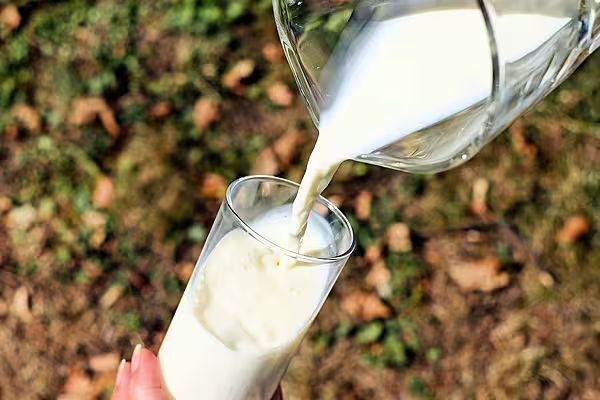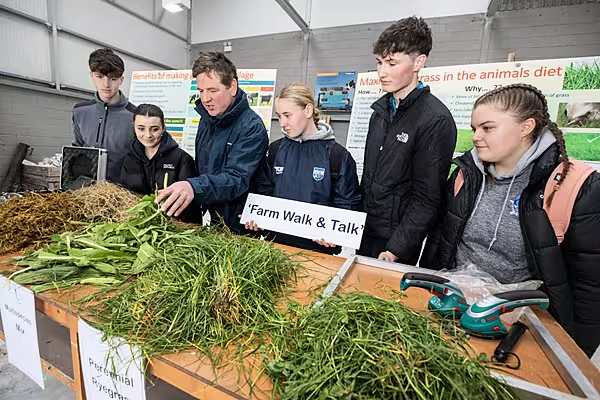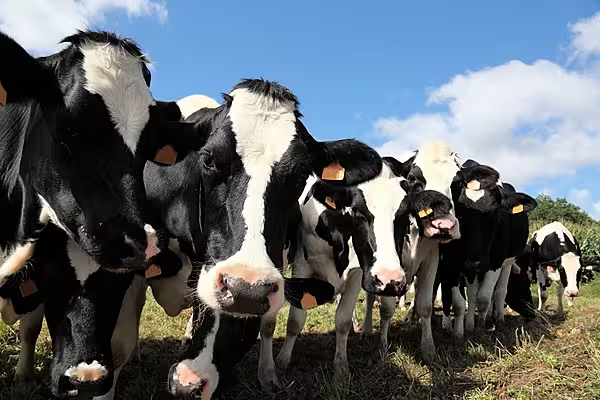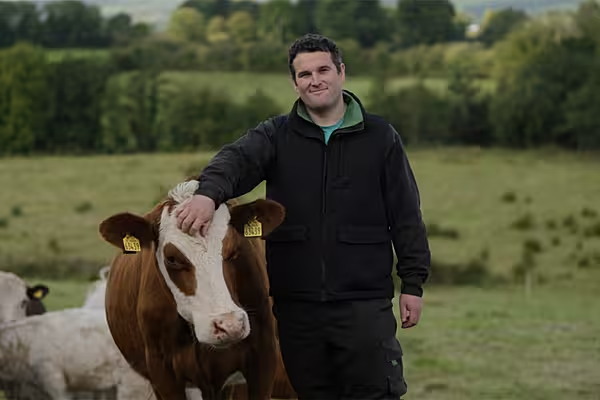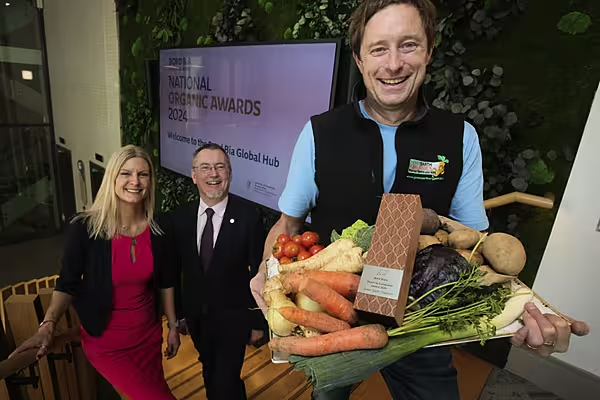At the launch of the Irish Farmers Association (IFA) Milk Wise 2025 strategy, it warned that there is a risk of shortages of milk on supermarket shelves because 'farmers aren’t being paid enough to milk cows during the winter', according to a statement it issued today (28 March).
Joe Healy IFA President warned milk produced over the winter months will soon fail to meet demand and 'the pressures on supplies could be exacerbated by the Brexit process.'
Healy said, “Article 50 will be triggered tomorrow, which will start the formal process of Britain leaving the EU. 26% of milk on supermarket shelves comes from Northern Ireland. The IFA strategy identifies the challenges and provides solutions which can secure locally-produced, high-quality fresh milk year round, while nurturing this valuable €530m market”.
“With our strong export growth no longer hampered by milk quotas, the amount of supermarket milk produced over the winter has dropped – cover over consumption in the winter months has fallen from 11% in 2013 to 5% in 2014,” he added.
It highlighted in its strategy that fresh milk for the supermarket shelf is produced 365 days a year by 1,800 specialists among Irelands 18,000 dairy farmers.
John Finn, IFA National Liquid Milk Chairman said, “We propose to first establish a base line through a profiling survey of the 1,800 specialist producers, their ages, their succession plans and their intentions. Autumn dairy calf births fell 15% in 2015 and 11% in 2016. It is clear that we have reached the point where shortages of fresh milk will occur in winter. The National Milk Agency (NMA) has already agreed with our proposal, and the survey is to be carried out this year. We also believe farmers’ contracts need to be reviewed to offer greater fairness and transparency in pricing, multi annual commitments, and better visibility on winter prices before signature,”
Traditionally, there has been a price premium for farmers who milk all year round, but their margin has been 'eroded' in recent years.
“We have made a number of recommendations regarding the specific regulation of liquid milk by the National Milk Agency. Most of these are already being progressed in co-operation with the NMA,” Mr Finn Finn added.
© 2017 - Checkout Magazine by Donna Ahern
